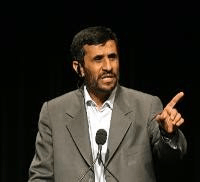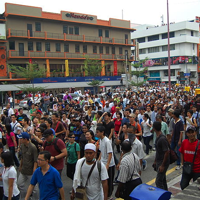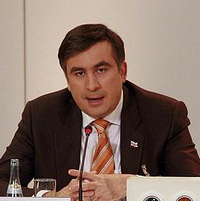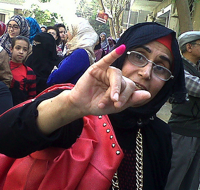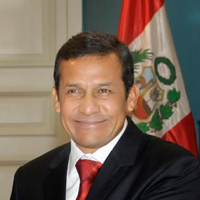
LIMA, Peru — During Peru’s recent presidential election campaign, a chorus of politicians and pundits warned that a victory by leftist candidate Ollanta Humala would put the country on the same track as Venezuela under President Hugo Chavez. But since winning the second-round run-off on June 5 and being sworn in as Peru’s new president July 28, Humala has surprised critics and supporters alike by the moderation of his rhetoric and quality of his cabinet. Humala, a 49-year-old retired lieutenant colonel, is the first leftist to be elected president of Peru in two decades, but he did so by promising […]

